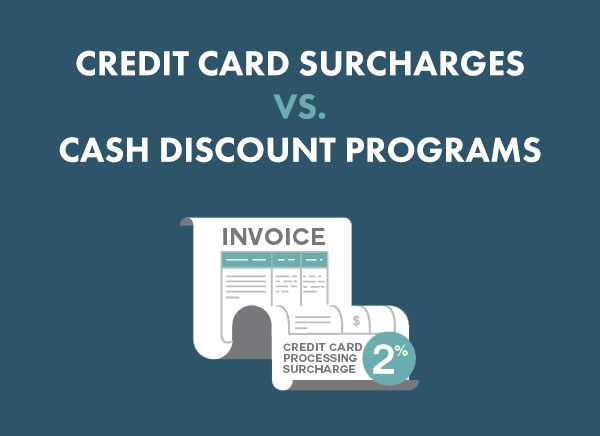
Running a profitable business is a continual challenge. The costs of inventory, labor, energy, and transportation are rising. And at the same time, competition is growing fiercer, so keeping prices low is crucial. A way to cut costs and improve the bottom line is sure to get any merchant’s attention — and you can offer them a solution that allows them to recoup their payment processing fees.
Credit Card Surcharges
A credit card surcharge or “swipe fee” is an added fee that a merchant charges to cover the costs of payment processing. In 2013, merchants won the right to charge the added fee, up to 3 percent, as a part of a federal court case settlement between merchants, payment networks, and credit card issuers.
In the following states, anti-surcharging laws remain on the books but are unenforceable due to recent court decisions:
- Florida
- Kansas
- Maine
- New York
- Texas
- Utah
As of July 1st, 2024, there is only one US territory and three states that don’t allow credit card surcharges. In the following jurisdictions, you won’t be able to impose surcharges (at least for now):
- Puerto Rico
- Maine
- Oklahoma
- Connecticut
- Massachusetts
You can still offer a discount for customers who want to pay by cash or check instead. Some people argue that this “cash discounting” is a matter of semantics, but we’ll come back to that particular point later. For now, the takeaway is that you can incentivize cash-paying customers with a discount, as opposed to discouraging card payments by adding a fee.
Credit Card Surcharges vs. a Cash Discount Program
Unlike surcharges, cash discounts are acceptable throughout the U.S. The Durbin Amendment (part of the Dodd-Frank Wall Street Reform and Consumer Protection Act) makes it illegal for a payment card network to inhibit a merchant to offer a discount to customers for using a particular type of payment. Cash discounts differ from surcharges in that customers pay less if they use cash, rather than pay more if they use a payment card.
Merchants must, however, meet requirements to offer a legal cash discount program:
- Businesses must have signage at the door and at checkout that clearly shows the credit price alongside the discounted price.
- The cash discount must be shown on the receipt.
- The offer of the cash discount must be clearly communicated to all customers before transactions.
Familiar examples of cash-discounts-done-right are gas stations. You can see the credit and cash prices on signage, and people paying with cash will see a discount on their receipts.
It’s essential to equip your customers with the right technology to manage cash discounts — if it’s not handled in a compliant way, it could be considered a credit card surcharge, which is not legal in some states or by card brand rules.
Visa issued a bulletin in late 2018 that states many programs claiming to be “cash discounts” are actually just adding a fee at the register and then removing it if the customer pays with cash or a debit card — which basically amounts to surcharging.
Visa stated: “To maintain a level playing field for all participants of the payment system, Visa actively enforces its rules pertaining to cash discount programs.” Leveling the playing field may mean finding ways to deal with different card brand’s rules, for example, American Express doesn’t allow charging different swipe fees for different card networks, even though fees can differ.
The ROI
Although it will take some expertise to navigate the surcharge and cash discount regulatory landscape, the effort can be rewarded with a big payoff. Merchants that find a way to offer a compliant credit card surcharge or cash discount program have the potential to recover up to 100 percent of payment processing fees, a powerful incentive to invest in a new solution, especially in an era when its growing harder and harder to compete and to control operating costs.
Merchants ready to implement a credit card surcharge or cash discount program are looking for help and guidance. VARs with expertise in this area can elevate themselves from the role of solution provider to trusted business advisor. You can build strong, lasting relationships with your clients who will depend on you for advice to stay in compliance while also improving the bottom line.
Surcharging is available via NETePay Hosted today on select processors.



